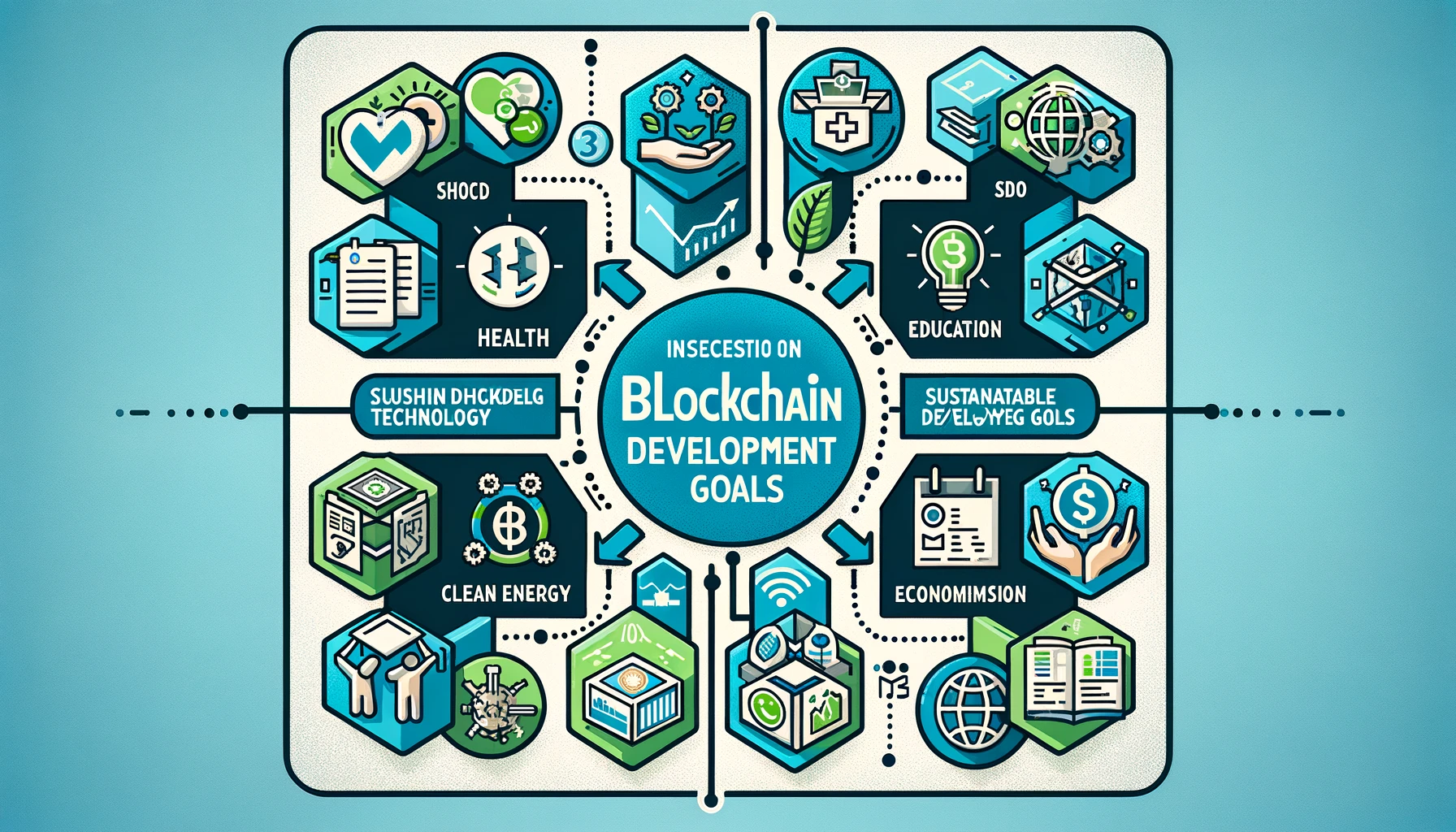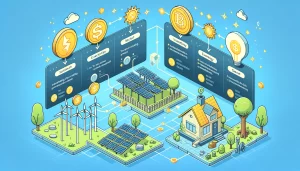In recent years, the emergence of blockchain technology has paved the way for revolutionary financial systems, offering alternatives to traditional banking and financial services. At the forefront of this innovation is Decentralized Finance, commonly known as DeFi. DeFi represents a paradigm shift in the way financial services are accessed, utilized, and distributed. It holds the promise of democratizing finance, providing access to a wide array of financial services without the need for traditional intermediaries. One of the most compelling aspects of DeFi is its potential to foster economic inclusion by offering financial services to the unbanked and underserved populations worldwide.
Understanding Decentralized Finance
At its core, DeFi refers to an ecosystem of financial applications and protocols built on blockchain networks, primarily Ethereum. These applications aim to recreate and innovate upon traditional financial services such as lending, borrowing, trading, and investing in a decentralized manner. Unlike traditional finance, which relies on centralized institutions like banks, DeFi operates on smart contracts, enabling peer-to-peer transactions without intermediaries.
Key Components of DeFi
- Smart Contracts: Smart contracts are self-executing contracts with the terms of the agreement directly written into code. In DeFi, smart contracts automate the execution of financial transactions, ensuring transparency, security, and efficiency.
- Decentralized Exchanges (DEXs): DEXs facilitate the trading of digital assets without the need for intermediaries. Users retain control of their funds and trade directly with one another, enhancing privacy and reducing counterparty risk.
- Lending and Borrowing Protocols: DeFi platforms offer lending and borrowing services, allowing users to earn interest on their assets by supplying liquidity or access capital by borrowing against their collateral.
- Stablecoins: Stablecoins are cryptocurrencies designed to minimize price volatility by pegging their value to a stable asset like fiat currency or commodities. They play a crucial role in DeFi by providing a reliable medium of exchange and store of value.
- Decentralized Autonomous Organizations (DAOs): DAOs are organizations governed by smart contracts and governed by their community of stakeholders. They enable decentralized decision-making and resource allocation, fostering community-driven governance in DeFi projects.
Potential for Economic Inclusion
Decentralized Finance holds immense promise for promoting economic inclusion by addressing several key barriers to financial access faced by underserved populations:
- Accessibility: DeFi platforms are accessible to anyone with an internet connection and a compatible device, bypassing the need for traditional banking infrastructure. This opens up financial services to individuals in remote areas or regions with limited banking facilities.
- Lower Costs: By eliminating intermediaries and automating processes through smart contracts, DeFi platforms significantly reduce transaction costs associated with traditional financial services. This makes financial products more affordable and accessible to low-income individuals.
- Financial Sovereignty: DeFi empowers users to maintain full control and ownership of their assets without relying on centralized institutions. This is particularly empowering for individuals in countries with unstable or oppressive financial systems, allowing them to safeguard their wealth and access financial services autonomously.
- Borderless Transactions: Blockchain technology enables seamless cross-border transactions, enabling individuals to send and receive funds globally without the need for traditional remittance channels. This is especially beneficial for migrant workers who rely on remittances to support their families back home.
- Access to Credit: DeFi lending protocols enable individuals to access credit without requiring a traditional credit history or collateral. This opens up opportunities for entrepreneurs, small businesses, and individuals without access to formal banking services to access capital and pursue economic opportunities.
Challenges and Considerations
While DeFi holds immense potential for economic inclusion, several challenges and considerations must be addressed to realize its full benefits:
- Security Risks: DeFi platforms are susceptible to smart contract vulnerabilities, hacking attacks, and fraudulent activities. Ensuring robust security measures and conducting thorough audits are essential to mitigate these risks and protect users’ funds.
- Regulatory Uncertainty: The regulatory landscape surrounding DeFi remains uncertain, with regulators grappling to adapt existing regulations to this rapidly evolving ecosystem. Balancing innovation with consumer protection and regulatory compliance is crucial to foster the responsible growth of DeFi.
- Scalability: As DeFi continues to gain traction, scalability issues have emerged, leading to congestion and high transaction fees on popular blockchain networks like Ethereum. Scalability solutions such as layer 2 scaling and alternative blockchains are being explored to address these challenges.
- User Experience: The user experience of DeFi platforms can be complex and daunting for individuals unfamiliar with blockchain technology. Improving user interfaces, education, and onboarding processes are essential to make DeFi more accessible and user-friendly.
Conclusion
Decentralized Finance represents a transformative force in reshaping the global financial landscape, offering unprecedented opportunities for economic inclusion and empowerment. By leveraging blockchain technology, DeFi has the potential to provide financial services to the billions of unbanked and underserved individuals worldwide, fostering greater financial autonomy, resilience, and prosperity. However, realizing this vision requires addressing the challenges of security, regulation, scalability, and user experience to ensure that DeFi remains inclusive, accessible, and sustainable in the long term. As DeFi continues to evolve and mature, its impact on economic inclusion is poised to be profound, unlocking opportunities for millions to participate in the global economy on their own terms.




